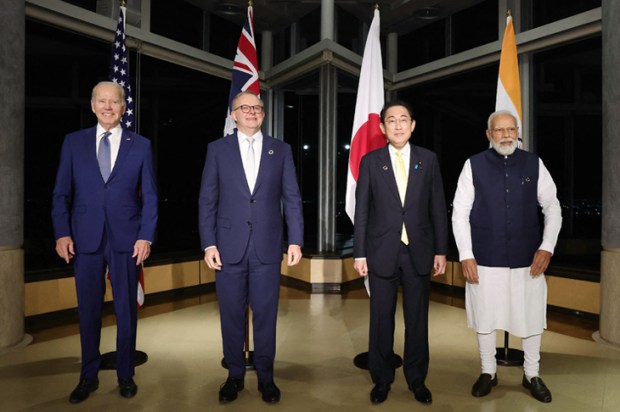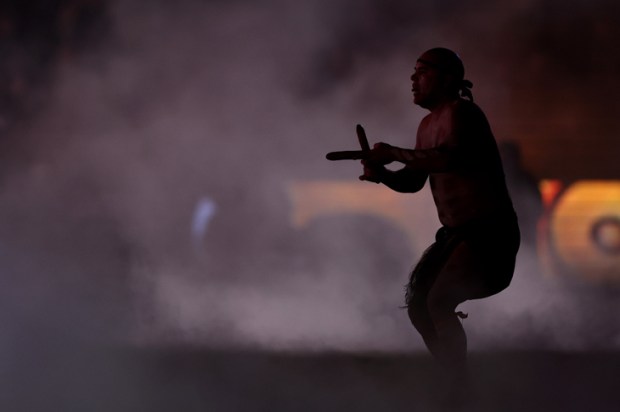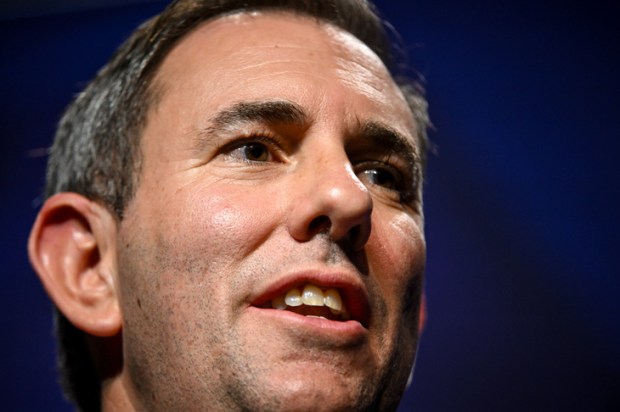Oren and Adi Barak are the co-founders of a health and wellness startup, who landed in Australia in 2005 with little more than the clothes on their back. They faced financial instability and the task of fitting into a new culture, a new world on the other side of the planet.
Ten years on, Oren and Adi had started their own company, Roogenic. Today, it has transformed from a small market stall into an international brand. This is just one of many migrant success stories where hard work and dedication have paid off – benefiting not only themselves but also Australia.
Yet, the many tens of thousands of similar stories hold no water at the University of Melbourne’s Australian Centre, which is focused on deconstructing Australia’s values, government and way of life – one taxpayer-funded research project at a time. Its most recent target has been the so-called ‘Australian migrant story of hard work and success’.
Research conducted as part of ‘Redefining belonging in so-called Australia’ – a project with a title drenched in contempt – has discovered celebrating migrant success stories plays into an ‘assimilationist’ narrative and leads to a problematic ‘entitled sense of belonging’.
The Australian Centre sets out the problem here: ‘Stories frame migrants from the Mediterranean region as a people who worked hard (often in small businesses or nation building infrastructure schemas) and then climbed the steep ladder of social mobility to become successfully assimilated, hyphenated Australians. Such historical narratives – which almost never centre First Nations people, Indigenous sovereignty, and Country – are frequently deployed by members of Mediterranean diasporas to claim an entitled sense of belonging to (so-called) Australia.’
The omission of ‘First Nations people’ from this narrative is perhaps a problem. However, it does not follow that only indigenous people truly belong in Australia or that migration since the First Fleet arrived in 1788 is essentially illegitimate. However, this narrative is reinforced in common refrains such as ‘sovereignty was never ceded’ and ‘we acknowledge the traditional owners of this land’.
More fundamentally, the problem with the migrant success story according to the Australian Centre is that it ‘relieves the settlers of feelings of guilt or responsibility without having to give up land or power or privilege’. Australians need to feel guilty for the sins of their ancestors to justify the complete restructuring of our political system.
In the words of diaspora scholar Daphne Arapakis, ‘Any attempt to alight or invisibilise this difference simply serves the Australian state as it symbolises a settler move to innocence.’
The Australian Centre does not seek to right past wrongs or find common ground. It is about rewriting history through the prisms of class, race and gender to fundamentally undermine our political, legal and social frameworks. This narrative is the ‘gift’ from Australia’s higher education sector to the Australian people.
Moreover, seeking to destroy the story of migration as a part of Australia’s settlement exposes multiple contradictions at the heart of this research and within identity politics itself as an ideology.
The first obvious problem is that the University of Melbourne’s Faculty of Arts has signed up to promote diversity, equity and inclusion. There is an ‘Associate Dean for Diversity and Inclusion’, a student complaints and grievances line and a ‘People of Colour Department’.
On the one hand, the university says it supports diversity and inclusion, yet on the other it sees migration from other countries as a central part of the ‘settler project’ which it deems oppressive.
The university’s values and research are at odds here.
The Australian Centre’s criticism of the historical framing of the migrant experience as a story of ‘struggle and success’ is ironic, given hard work is necessary to fit and succeed within the university framework. Students must meet a certain standard and conform with university rules, and this is celebrated in the tertiary sector.
In the same way, migrants entering a country must work hard to succeed and conform within the social and legal framework of their new home country. Hard work should be celebrated and does lead to a sense of belonging.
Moreover, it is hard-working migrants who built this country. The rags-to-riches narrative is not an oppressive Western construct, but the story of modern Australia.
Academics at the Australian Centre well know that deconstructionist theories are fundamentally critical and therefore destructive, particularly if they are not paired with analysis that identifies positive as well as negative aspects of history.
The idea that everything can be deconstructed ultimately leads to a sort of academic self-immolation. If taken to its logical conclusion the process of deconstruction can be deconstructed. But of course, the academics at the Australian Centre would never take it quite that far lest the rivers of taxpayer gold run dry.
Ultimately, knowledge acquisition and DEI indoctrination programs are, at a fundamental level, incompatible. This is because universities which adopt ideological mantras as institutional goals are in clear conflict with the principles of free inquiry. A university cannot be captive to an ideology and simultaneously open to challenging perspectives.
The Institute of Public Affairs’ 2023 Free Speech Audit found across Australia’s 42 universities there are now 77 policies or strategic commitments pledging allegiance to indigenous issues, gender equity or sustainability.
This focus on DEI in the university sector, and the tendency to deconstruct culturally significant aspects of the Australian way of life and the values associated with it, such as the ‘hard-working migrant trope’, is problematic. Universities increasingly view the world through a lens that sees only the darker side of our society and the historical context within which it was produced. The consequence is universities today tear down the nation from an intellectual perspective – leading to a type of cultural self-loathing in elite circles.
As bastions of culture and learning, universities must be more balanced in their analysis. As publicly funded institutions with a responsibility to contribute to the public good, universities must build up, rather than denigrate, appreciation of our history. With that in mind, a good starting point would be the celebration of Australia’s migrant past, an acknowledgement of the value of hard work, and an appreciation of a very human story of struggle and success.
Got something to add? Join the discussion and comment below.
Brianna McKee is a Research Fellow and the National Manager of Generation Liberty at the Institute of Public Affairs.
You might disagree with half of it, but you’ll enjoy reading all of it. Try your first month for free, then just $2 a week for the remainder of your first year.













